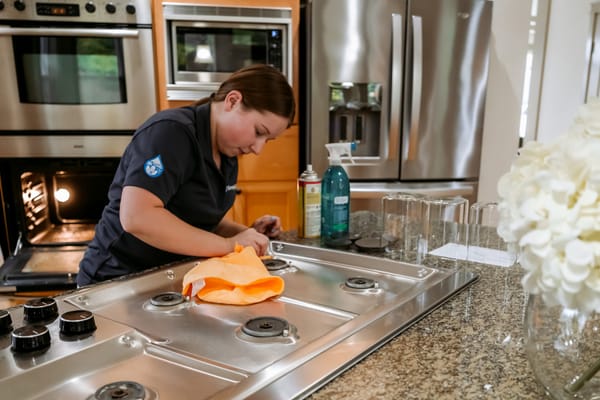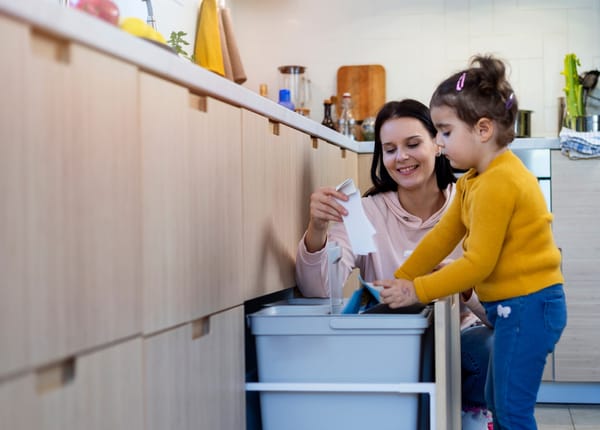
The Gift of a Clean Home: Why House Cleaning is the Perfect Present for Every Occasion
When we think of gift-giving, our minds often go to traditional presents—flowers, gift cards to restaurants, maybe a nice bottle of wine. But what if you could give something even more meaningful? Something that doesn’t just bring joy for a moment but relieves stress, supports well-being, and makes



